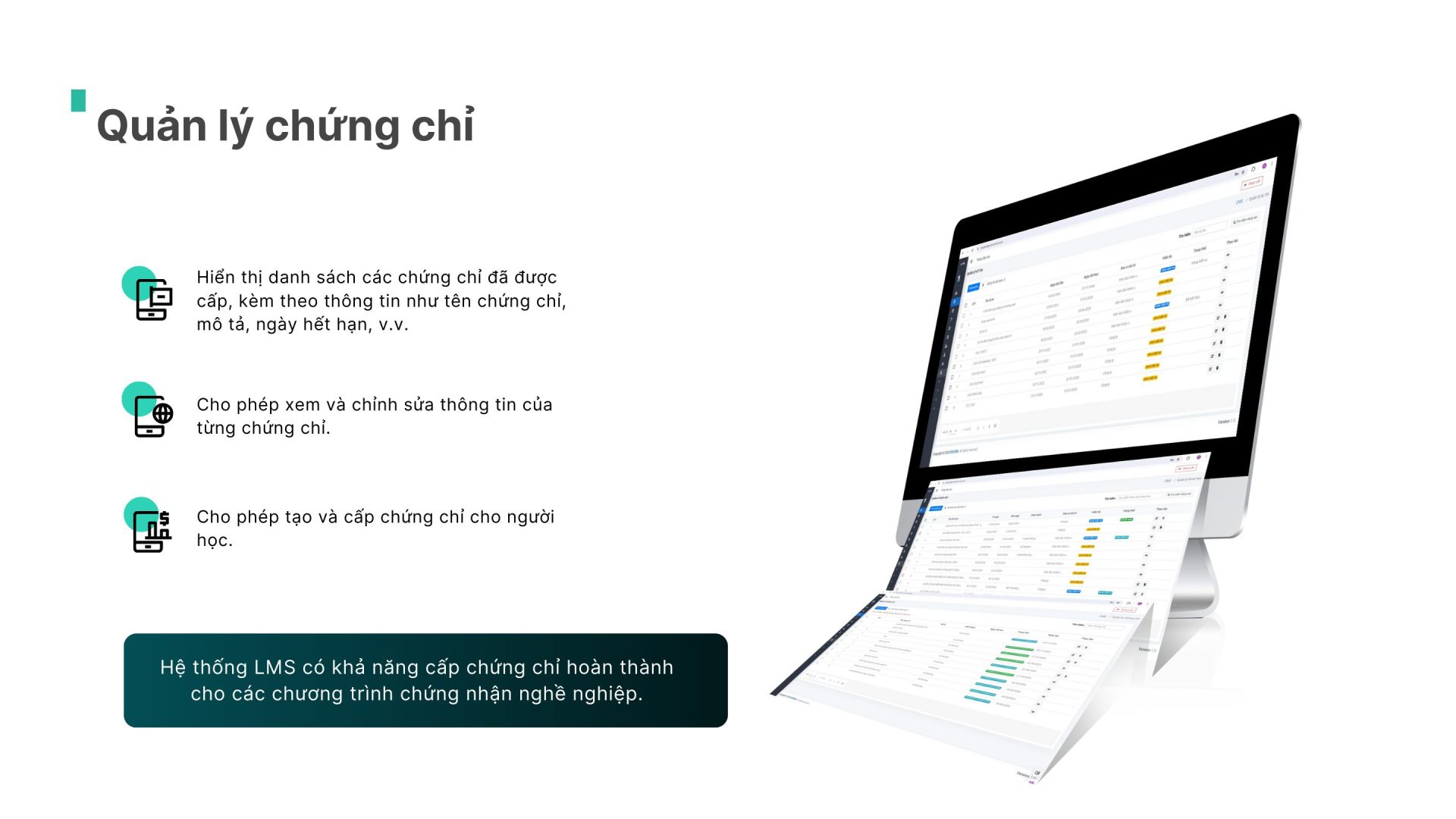Our client, one of Myanmar’s top telecommunications service providers, faced significant challenges in developing and managing human resources amidst the rapidly evolving information technology and telecommunications landscape. To maintain its competitive edge and enhance employee skills, the client sought an efficient solution for workforce training and development.
Challenges
Amid the fast-paced development of the telecommunications industry, the client grappled with key challenges in managing and developing human resources through a learning system. Their HR and training teams required a comprehensive solution to effectively oversee employee training programs, especially in a dynamic digital environment that demands continuous knowledge updates.
- Decentralized Knowledge Management: Currently, training programs are delivered through various channels such as in-person sessions, online courses, internal documents, and specialized workshops. This diversity has made it difficult to track, evaluate, and manage the learning progress of individual employees.
- Lack of Assessment and Progress Tracking: The client lacks a precise tool to measure employees’ knowledge acquisition and skill development after training programs. Without concrete data, adjusting and improving training initiatives becomes a significant challenge.
- Diverse and Specialized Training Needs: Given the dynamic nature of the telecom and IT sectors, employees require training in a wide range of areas, such as 5G network technology, cybersecurity, cloud services, artificial intelligence, and soft skills like communication and customer service.
- Difficulty in Personalized Learning: Each employee has unique backgrounds and developmental needs. However, the current system does not support personalized training programs tailored to specific job roles and individual goals.
- Integration and Data Synchronization Issues: Integrating the LMS with existing HR systems, competency assessments, and career development tools poses significant challenges. This lack of seamless integration results in inefficient learning management and disjointed data tracking.
- Training Cost vs. Effectiveness: Current training programs demand high costs without clear evidence of effectiveness. The absence of tools to measure and compare learning outcomes against investment limits the ability to optimize training strategies.
- Challenges in Accessing Emerging Knowledge: As the client adopts cutting-edge technologies like 5G, ensuring that employees acquire the necessary technical skills is a pressing issue. Without continuous investment in training and upskilling, the client risks falling behind competitors.
Solution
To meet the demand for effective human resource development and management in the telecommunications industry, we have developed a comprehensive Learning Management System (LMS) solution. This system enables clients to completely transform their training methods, shifting from traditional models to a modern, flexible, and efficient digital learning platform.

Diverse and Updated Course Catalog
- Course Categorization: The LMS provides a diverse catalog of courses spanning key specializations, including network engineering, application development, project management, cybersecurity, and cloud services. This helps organizations focus on training employees in critical, high-potential areas.
- Technology-Trend Courses: The system is regularly updated with the latest courses aligned with technological advancements. This ensures employees are equipped with up-to-date knowledge, preparing them to adapt to industry changes effectively.
Personalized Learning Paths
- Custom Learning Design: Each employee is provided with a personalized learning pathway tailored to their job roles, current skills, and career goals. This approach fosters proactive engagement and maximizes learning outcomes.
- Automated Course Recommendations: The system automatically suggests suitable courses based on an employee’s learning progress and results, helping them quickly access content that matches their needs.
Exam and Evaluation Management
- Exam Management Tools: The LMS includes tools for organizing and administering periodic or on-demand exams, allowing organizations to assess employee capabilities effectively.
- Data Analysis and Reporting: Exam data is analyzed and compiled into detailed reports, offering actionable insights for refining and improving training programs.

Flexible Integration and Deployment
- Seamless Integration with Existing Systems: The LMS is designed for effortless integration with current HR and training management systems. This ensures synchronized data on employees, learning progress, and training outcomes.
- Customizability: The platform supports updates to course content and flexible configurations to meet evolving business and technological needs, ensuring scalability and adaptability.
Digital Credential Management
- Issuing Digital Certificates: Employees receive digital certificates upon completing courses, providing both recognition of their competencies and motivation to continue learning. These certificates can also be integrated into existing HR profiles, enhancing workforce skill visibility.

Result
The Learning Management System (LMS) has significantly enhanced employee training and development. Through online learning and synchronized content delivery, the time required to complete courses decreased by 40%, enabling employees to quickly acquire new knowledge in areas such as 5G, AI, and cybersecurity.
The course completion rate reached 85%, driven by personalized learning paths and automated reminders. Additionally, the LMS has helped reduce annual training costs while minimizing workplace disruptions. The post-training evaluation time has been cut in half compared to traditional methods.
With these outstanding benefits, the LMS not only addresses training challenges effectively but also serves as a strategic tool to boost organizational competitiveness, preparing businesses to thrive in the digital age.
